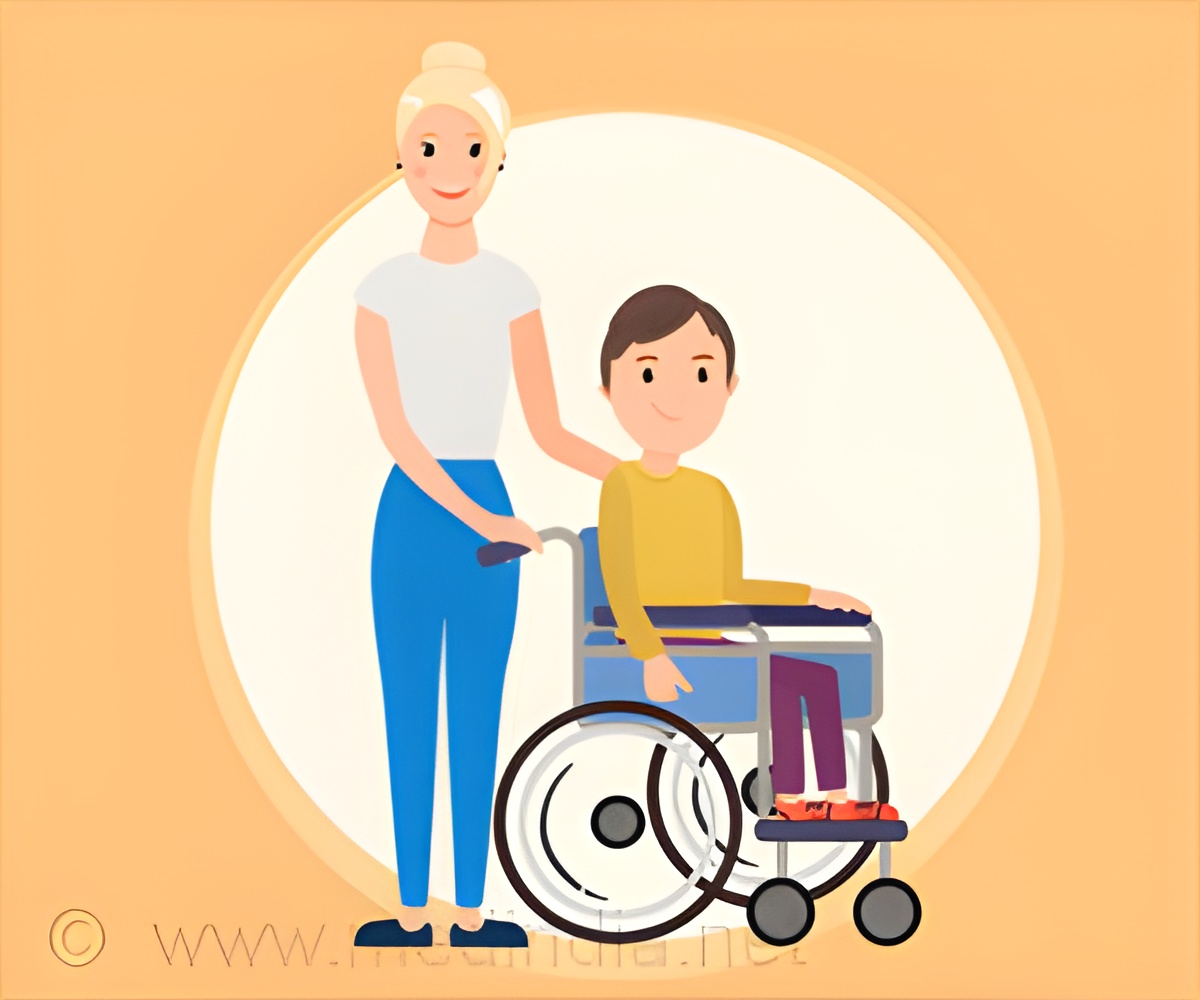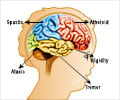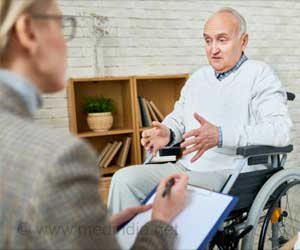Surgical procedure known as selective dorsal rhizotomy can improve walking ability in children with cerebral palsy (CP), reveals a new study.

TOP INSIGHT
Surgical procedure known as selective dorsal rhizotomy can improve walking ability in children with cerebral palsy (CP).
Read More..
Because of the lack of evidence of the benefits of the procedure, NHS England established an innovative study that assessed eligible children with cerebral palsy before and after the operation. Researchers at King's College London were commissioned by the National Institute for Health and Care Excellence (NICE) to find out whether selective dorsal rhizotomy did improve outcomes for these children with cerebral palsy.
Cerebral palsy is the name for a group of lifelong conditions that affect movement and co-ordination, caused by abnormal development or damage to the brain that occurs before, during or soon after birth. In the UK around 1,700 children, every year are born with cerebral palsy. Treatments include medicines to relieve muscle stiffness, pain relief, and physiotherapy to aid walking.
Professor Janet Peacock, data analytics co-lead at the NIHR Guy's and St Thomas' BRC and Professor of Medical Statistics at King's College London, said: "We were commissioned to fill an evidence gap around selective dorsal rhizotomy for treating cerebral palsy - previous trials didn't look at children's quality of life, and there was not enough evidence about how children fared in the longer term. Those were both important aspects to be considered. Our study provided convincing evidence that the procedure helped the children.
"NHS England have now decided that this procedure will be funded as a direct result of this innovative project. It's great to get this decision so that it will make a difference to patients."
This evidence was strong enough that NHS England has decided to fund the procedure for eligible children aged 3-9 years.
"This study shows objectively that the procedure does improve motor function, and doesn't have dangerous side effects. For some children with cerebral palsy and their families, this could really improve quality of life and help children walk more easily and without the use of walking frames and other aids."
Health Secretary Matt Hancock said: "This is a revolutionary treatment which has the power to transform the lives of young children with cerebral palsy and give fresh hope to their families.
"Every parent dreams of seeing their children live long, healthy and happy lives and I'm absolutely delighted the NHS is funding this new procedure as part of our Long Term Plan."
Meindert Boysen, director of the Centre for Health Technology Evaluation at NICE, said: "NICE welcomes the results of this study, which was commissioned and funded by NHS England and managed by NICE as part of the Commissioning through Evaluation programme. The study supports the recommendation for selective dorsal rhizotomy as an option to improve walking ability in some children we made in our 2012 clinical guideline on the management of spasticity. This addition to the evidence base means that some children with cerebral palsy will now be able to access this treatment within the NHS in England."
John Stewart, director of specialized commissioning at NHS England, said: "Thanks to this study the NHS has been funding this innovative treatment for children. As well as being fantastic news for patients and their families it is also an example of the kind of innovations that the NHS will continue to deliver as part of the Long Term Plan."
Source-Eurekalert
 MEDINDIA
MEDINDIA




 Email
Email









